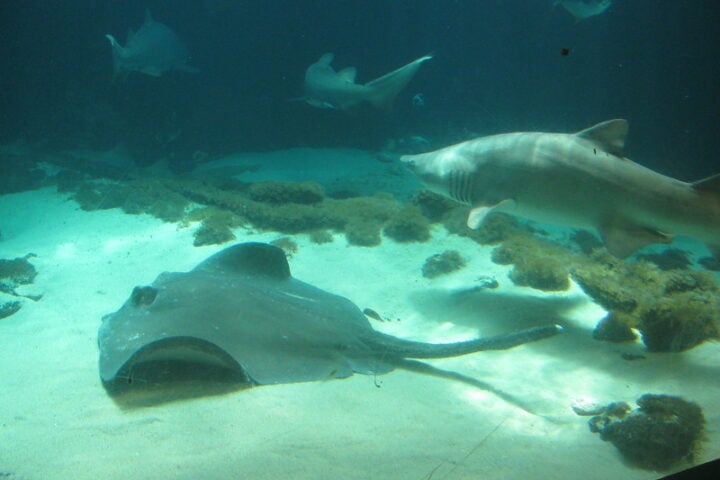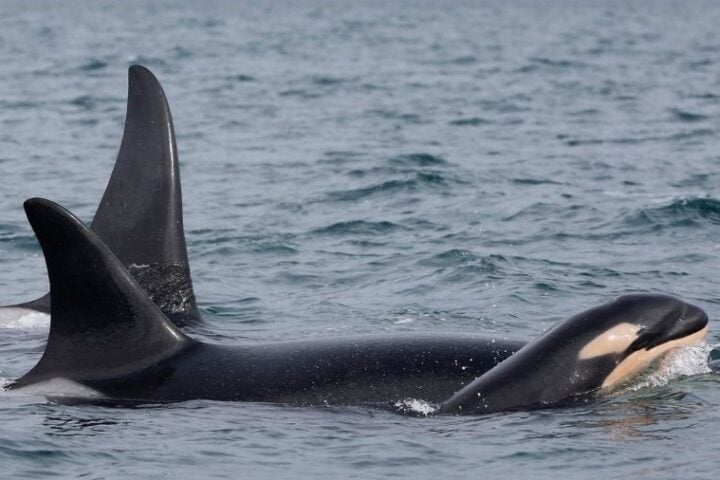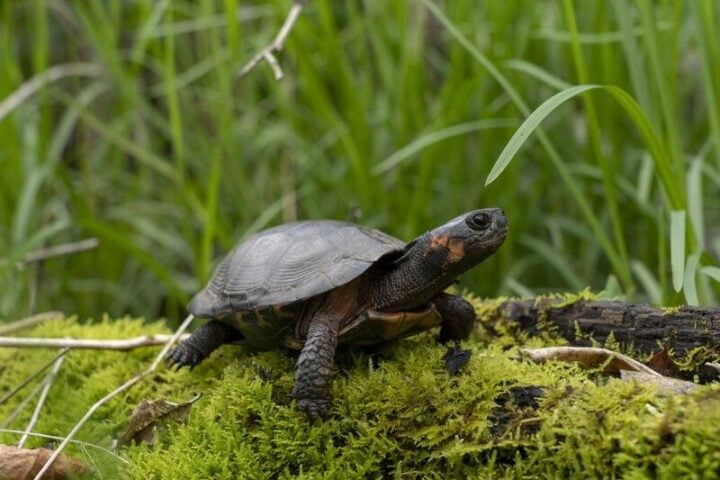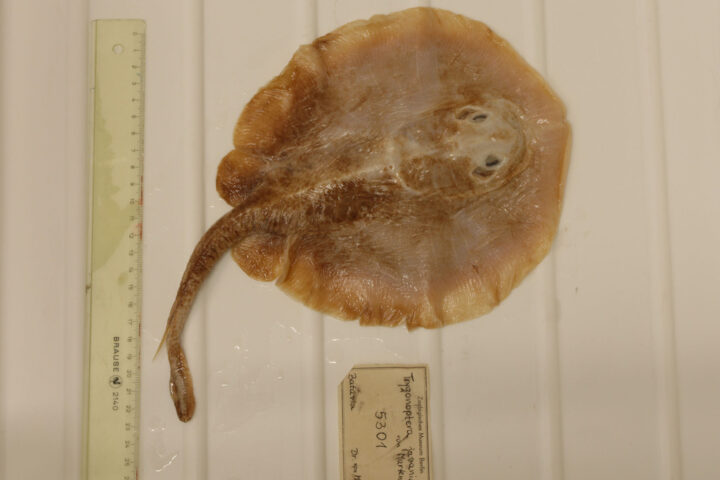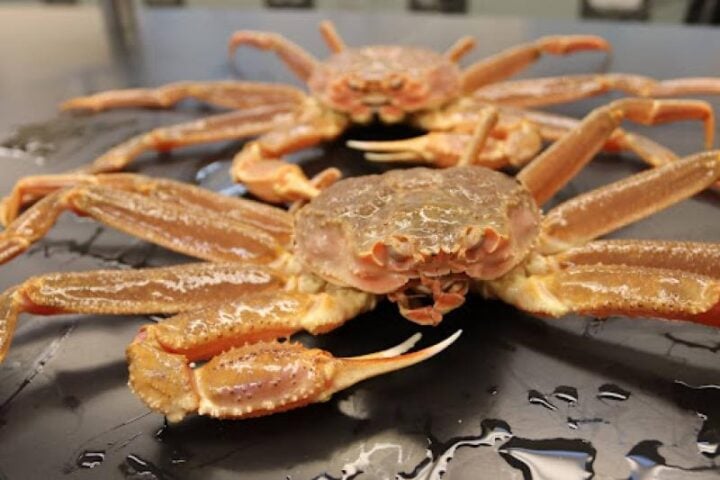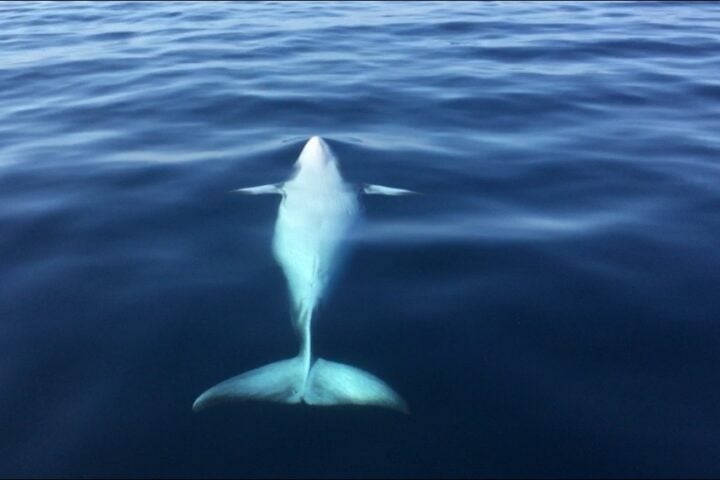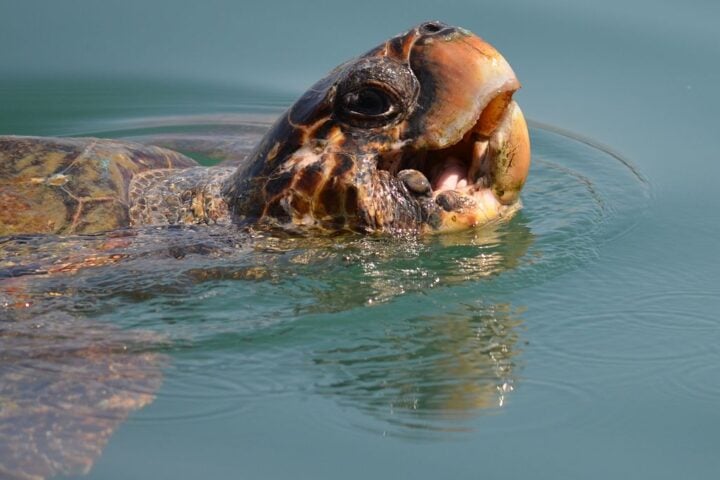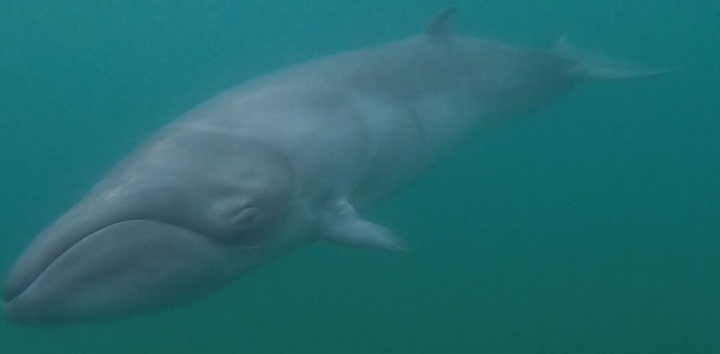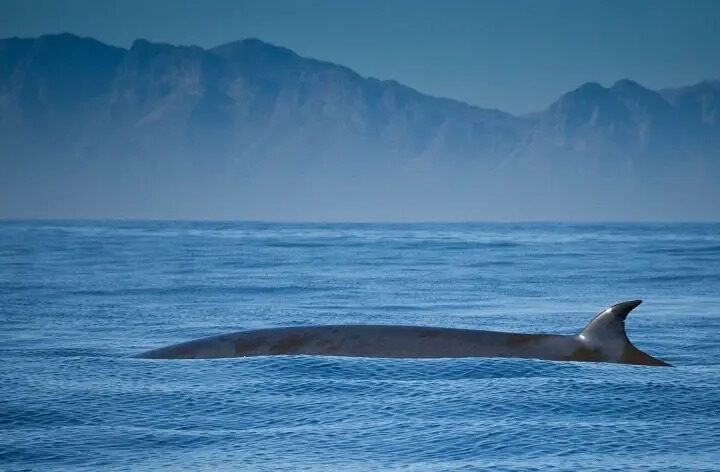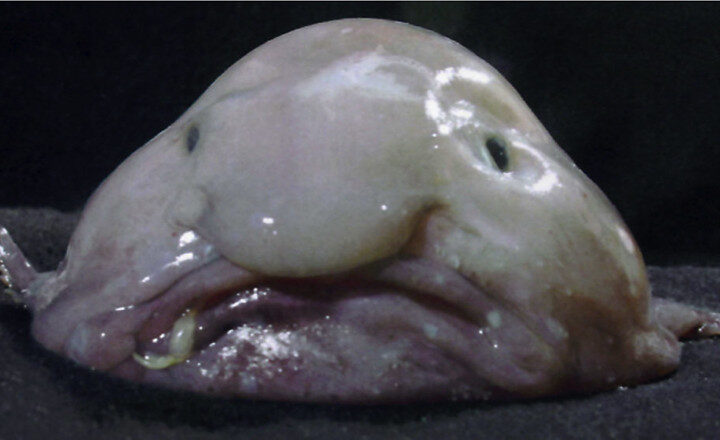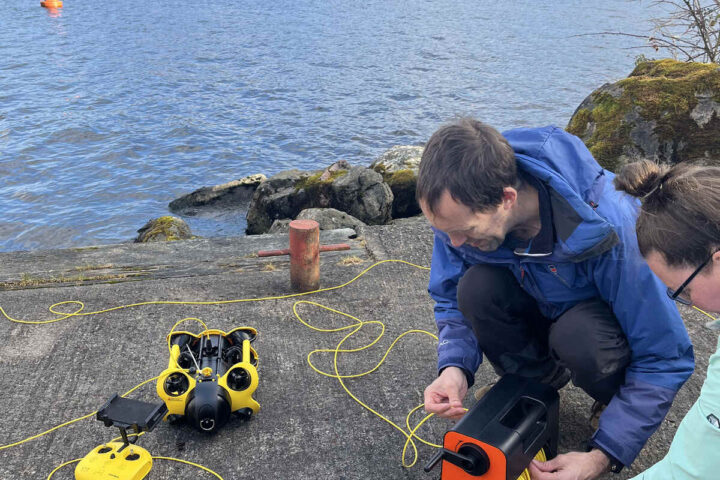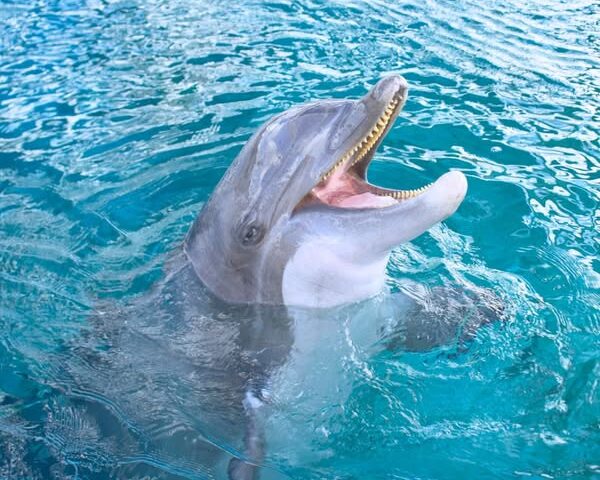The Department of the Interior of the US has agreed to settle a lawsuit filed in 2020, which demands that it certify Mexico for not adequately protecting the critically endangered totoaba & vaquita porpoises.
The Centre for Biological Diversity, the National Resources Defence Council, & the Animal Welfare Institute filed the lawsuit in the US Court of International Trade.
The demand of the lawsuit is for the US government to certify Mexico under a US law called the Pelly Amendment, which would allow the administration of US President Joe Biden to embargo the import of wildlife products from Mexico, including shrimp & fish.
Around USD 745 million (EUR 687 million) of seafood was imported by the US from Mexico in 2022. The Department of the Interior Of the US has agreed to determine by May 19 whether it will certify Mexico in violation of the Pelly Amendment, with a public announcement by June 3.
The deliberation of the federal agency will depend on whether it believes Mexico’s action or inaction has resulted in undermining the effectiveness of the Convention on International Trade in Endangered Species of Wild Fauna & Flora (CITES).
CITES introduced sanctions against Mexico in March for the country’s failure to submit an adequate plan to control totoaba fishing & trafficking, which threatens the vaquita. As the vaquita is on the brink of extinction, there are strong US sanctions. Will force Mexico to pull this little species back from the brink. Pursuant to a Pelly certification, additional US import restrictions could be broader, potentially banning all wildlife products from Mexico, not just CITES-protected wildlife.
Vaquitas, highly imperiled, are found only in Mexico’s Upper Gulf of California. Set to catch shrimp & fish, the porpoises become entangled & drown in illegal nets, along with the totoaba, an endangered species coveted in China & elsewhere for its swim bladder.
The government of Mexico has repeatedly failed to enforce its own ban on fishing in vaquita’s habitat. There are only about 10 vaquitas remaining, & scientists predict the species will soon be extinct unless Mexico halts illegal fishing in the vaquita’s habitat.
Conservationists filed a legal petition requesting a ban on imports from Mexico under the Pelly Amendment, in 2014. The Pelly Amendment requires DOI to certify nations that “diminish the effectiveness of” or violate international wildlife agreements, such as CITES.
Failure by Mexico to halt totoaba fishing & trade undermines CITES, which bans the totoaba trade. After DOI failed in December 2022 to respond to the petition for more than eight years, Conservationists sued to force a decision. The vaquita population declined by more than 90% during this eight-year period. A recent decision by the CITES was followed by an announcement that triggered the suspension of all commercial trade in CITES-protected species with Mexico.
The power Congress gave to compel Mexican action should be used by Secretary Haaland & President Biden. The White House must impose broader trade sanctions after DOI certifies Mexico if the vaquita has any hope of surviving.



